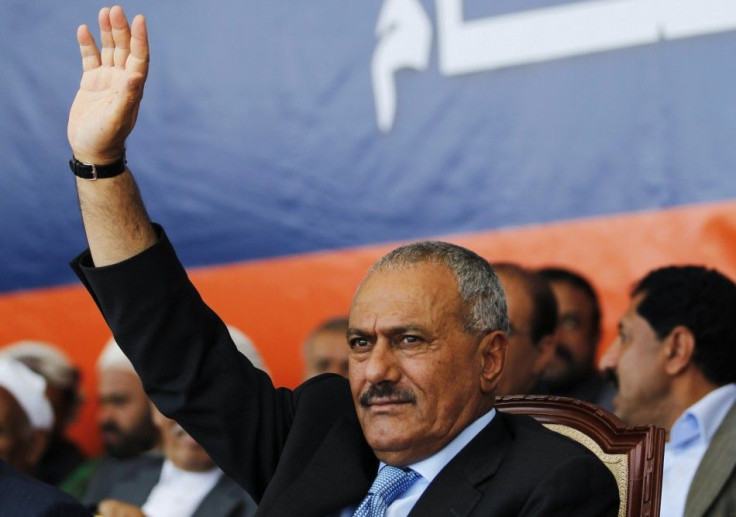Yemen economy faces crisis as unrest continues

The political crisis has pushed Yemen to the brink of civil war has also cost the economy $5 billion and the country requires immediate aid to prevent a meltdown, the country's trade minister said on Saturday.
Three months of political protests left almost 300 people killed, kept the investors away, driven off foreign aid and the economy is facing huge budget deficits.
We have reports that the losses range between four to five billion dollars, Hisham Sharaf Abdalla, minister of industry and trade, told Reuters.
Donors have asked President Ali Abdullah Saleh to end his 33-year rule under a Gulf deal and are wary of helping until a solution to the crisis has been found.
The economy should not be held hostage to the political crisis, because the situation is alarming, the trade minister said.
Since the chaos might benefit the Yemen-based branch of al Qaeda which threatens the neighboring Saudi Arabia, it is worrying some major nations. Yemen is also on a shipping lane through which 3 million barrels of oil pass daily.
The Group of Eight G8 powers promised tens of billions of dollars in aid to Tunisia and Egypt in their conference on Friday and held out the prospect even more to foster the Arab Spring and the new democracies emerging from popular uprisings.
Abdullah also said that the conflict in Yemen has hit the tourism and construction sectors hard while straining a still-functioning electric grid, reports Reuters.
The political crisis is expected to increase the deficit from an initial projection of 4 percent to 7 percent of the GDP he said.
Yemen has had to import fuel and petroleum derivatives in May and April which has cost 1 billion dollars over the two months, Abdalla said.
We started doing that because the opposition pushed the tribes to bomb the oil pipeline, which has been closed since the end of March, he said.
Damaged pipelines have also cut off an important source of income for the world's 32nd largest oil exporter and 16th biggest seller of liquified natural gas.
Our biggest problem is that we haven't been able to attract foreign direct investment to create jobs because of the security problem in Yemen, he said.
Under President Saleh, Yemen has became the poorest country in the oil-rich Arab world with about 40 percent of the population living on less than two dollars a day, reports Reuters.
© Copyright IBTimes 2024. All rights reserved.





















